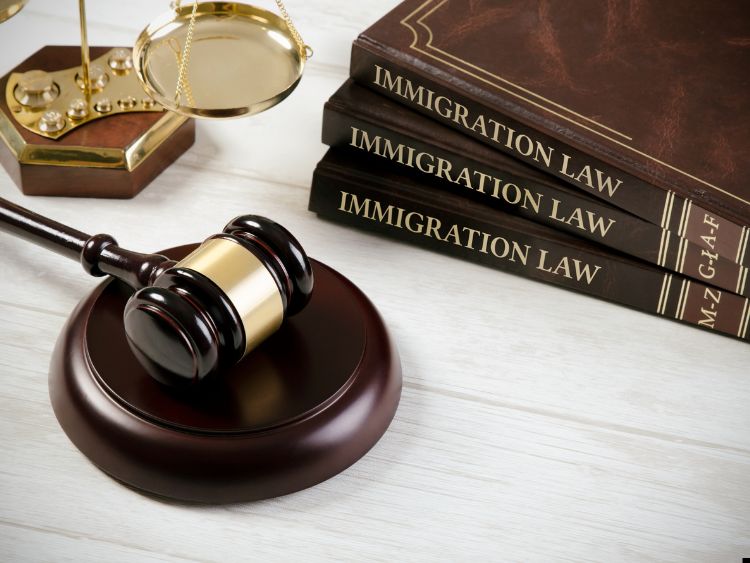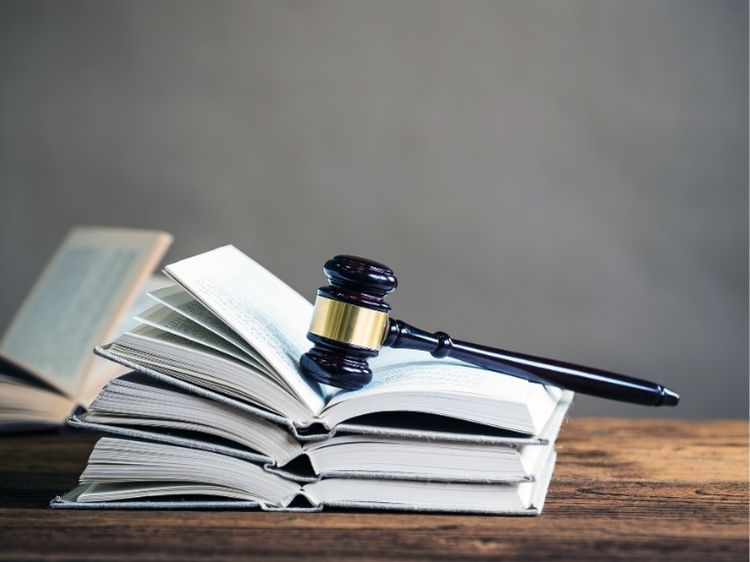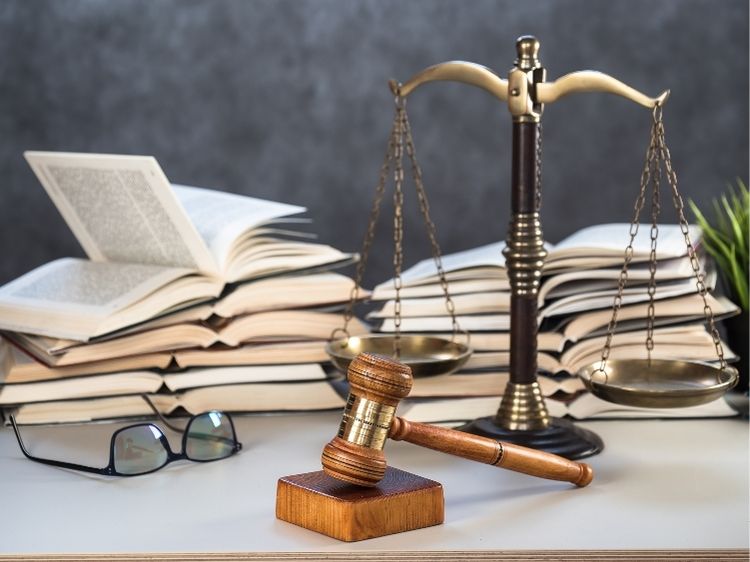Like many other areas of law, the answer is “it depends.” While most people who declare bankruptcy are able to keep their homes throughout the process of filing, some are not.
Must Read: intellectual property regulation
The biggest concern about filing bankruptcy is keeping your home. This will determine which Chapter you should file for. This article will provide you with useful information to help you understand what to expect.
What is the best way to keep my home after bankruptcy?
Sometimes, the decision to declare bankruptcy comes at a difficult time in your life. You may be considering declaring bankruptcy if you are concerned about managing your finances in the future and now.
- Three factors will determine if you are able to keep your home during bankruptcy proceedings.
- The Chapter of bankruptcy that you file
How much equity have you paid into your mortgage?
- You can still afford your mortgage monthly payments, even if you are in debt.
- Take into account the type of bankruptcy you file
Never Miss: intellectual property legislation
You have two options for bankruptcies: Chapter 7 or Chapter 13. There are many differences, but the main difference is the exemptions you have.
- The federal government assumes the following:
- Everybody must work towards paying off their debts
- To pay off debts, someone should dispose of “excessive” property.
Bankruptcy is not meant to make you poorer, but to help you get a new start. Exemptions are often available for both the federal and state governments. If your property’s value is less than a certain dollar amount, you can retain it.
Chapter 7 exemptions offer less flexibility and are generally stricter than Chapter 13 exemptions. If you file Chapter 13, you have a better chance of keeping your home than if it is filed Chapter 7.
Think about the equity you have in your house
Chapter 7 filers don’t have to worry. There are still ways that you can keep your home. The trustee will only consider the equity of your house when deciding whether your house qualifies under Chapter 7.
Equity is your home’s market value less any balances on your mortgages and home equity loans. Many bankruptcy filers have very little or no equity in their homes. Therefore, they are exempt from the bankruptcy process and can keep their house.
If you have equity in your house that exceeds the exemption limit, your trustee may require you to either sell your house or “buy it back”, by paying the trustee the property’s value.
Most Popular: intellectual property regulation 2
Check out if you can afford your mortgage every month
You can keep your house if you have not filed for bankruptcy. As long as your mortgage is paid, your house will be yours.
You might find that you can afford your mortgage payments if you get rid of all of your debt. You’ll be able keep your home if this is the case.
If your income is not sufficient to pay your mortgage, the bank could foreclose your home.
In this instance, bankruptcy filers must consider whether or not they wish to keep their home. Bankruptcy gives them the opportunity to walk away from their mortgage and house without any additional consequences. If you don’t have to make large mortgage payments each month, it may be easier to manage your finances.
An attorney can help you keep your home after a bankruptcy
Sometimes, the decision to declare bankruptcy comes at a difficult time in your life. You may be considering declaring bankruptcy if you are concerned about managing your finances in the future and now.
Also Read: intellectual property regulation 3
A professional can help you determine the best steps to take if you are in financial trouble, even if your home is at risk.
Talk to a local bankruptcy lawyer about a plan that will help you get your balance sheet out of the red.


